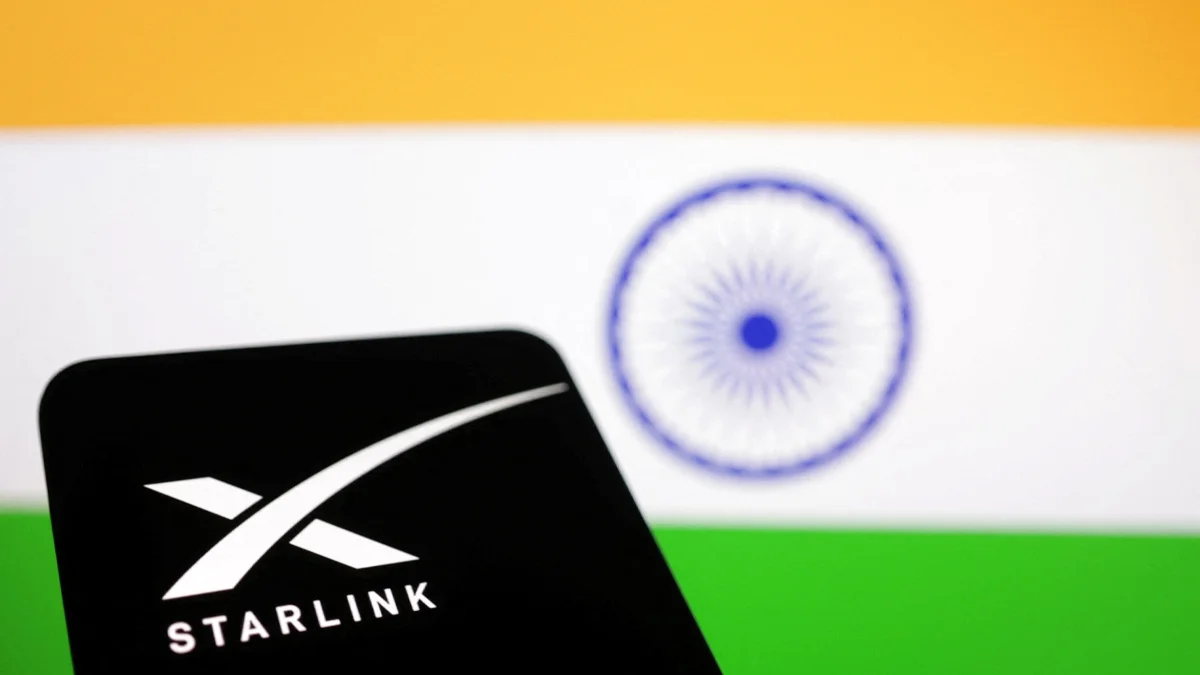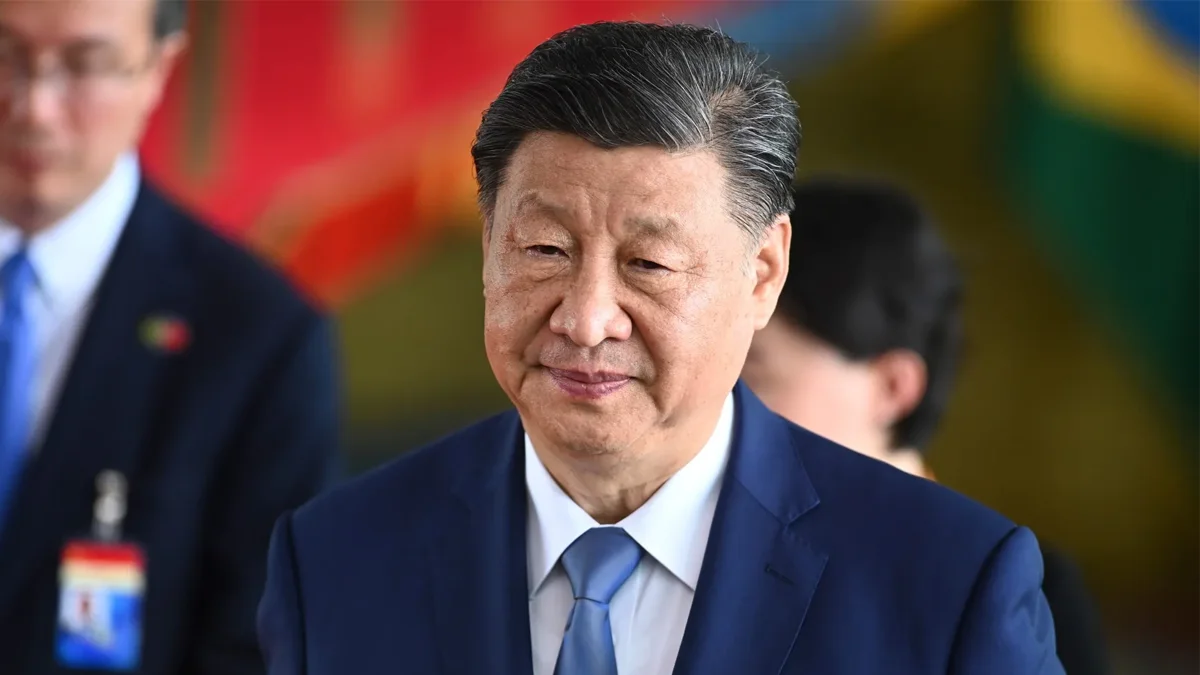
AI Reshapes Telecom: Telcos Push Beyond ‘Dumb Pipes’ to Become Tech Leaders
Telecom operators are going through a fundamental transformation as they adopt AI transformation in telcos to rethink their place in the digital economy. According to CNBC, at the Mobile World Congress technology conference in Barcelona CEOs of multiple telecom companies described how they are investing money into new technological innovations like AI, next generation 5G and 6G satellites and many more.
The use of AI is transforming telecom operations and allowing businesses to transition beyond traditional connectivity services. AI-driven automation is optimizing network efficiency, lowering operational costs, and delivering better customer experience through predictive maintenance and smart chatbots. Telecom businesses are ensuring smooth operations, stronger security, and quicker response times by incorporating AI-led solutions.
Makoto Takahashi, president and CEO of Japanese telecom giant KDDI, spoke about plans to build a smart city dubbed Takanawa Gateway City in Tokyo and to roll out direct-to-cell satellite internet connectivity in partnership with Elon Musk’s Starlink venture.
The Evolution from Dumb Pipes to Smart Networks
Telecom operators have been accused for years of being “dumb pipes”—operators that simply delivered network infrastructure while technology giants collected the revenues from online services. But that is changing as the transition from dumb pipes to smart networks is now well underway. AI-powered analytics, machine learning, and automation are enabling telcos to transform into intelligent service providers that can offer personalized solutions, ranging from cloud computing to edge computing and IoT services.
With AI, telcos are shifting towards predictive network management, where networks can identify and fix problems before they affect users. This proactive strategy not only enhances service quality but also enables operators to minimize downtime and maintenance expenses.
Ralph Mupita, the CEO of Africa’s largest mobile network operator MTN, “The telco business has served us well. It has iterated since. But the future is really about the future of platforms.”
The Role of Satellite Internet Providers in Telecom
As telcos adopt AI, satellite internet providers within the telecom industry have been significantly contributing to extending connectivity. Organizations such as SpaceX’s Starlink and Amazon’s Kuiper are using AI-based analytics to ensure improved satellite coverage and data transmission speeds. Such development is highly impactful in rural and far-flung regions, where traditional infrastructure within a network is still poor.
Despite these innovations, these developments have greatly affected telecom companies so that their role has become more similar to infrastructure providers than as central players in the industry. Therefore, they are perceived more as relics that only fix and construct network connectivity. Such a view has characterized the telecom industry as “dumb pipes.”
Hatem Dowidar, CEO of UAE state-owned telecom company e& said, “I remember early in the industry, even before mobile internet when SMS used to be the killer app. All this over the years got disrupted by over-the-top players, to the point that today, a lot of telcos around the world are reduced to being a pipe of packets just getting data across the networks. And competition is not staying still. They have the scale, they have the investment to go and disrupt even further.”
The Telco to Techco Transition
The telco to techno evolution is no longer a choice—it’s a survival imperative in a digitally driven world. Telecom behemoths like Verizon, AT&T, and Vodafone are making significant investments in AI, cloud computing, and IoT to reframe their business models. As telcos adopt AI-based solutions, they are increasing the scope of their products and services beyond classic voice and data offerings, venturing into cybersecurity, cloud offerings, and enterprise solutions.
Over the last two decades, the big tech companies such as Meta, Google, Amazon, Apple, Microsoft, and Netflix have flourished in a world where content is available instantly, communication is easy, and storage or streaming of data occurs easily—all thanks to innovations like the internet, smartphones, and cloud computing.
The AI transformation is changing the sector, allowing companies to move away from legacy network providers to become technology-driven companies. As evolution from dumb pipes to smart networks, AI-powered automation, and the growing role of satellite internet providers in telecom, the sector is undergoing a huge shift. AI will continue to be at the center of innovation, propelling new possibilities and defining the future of global connectivity.





